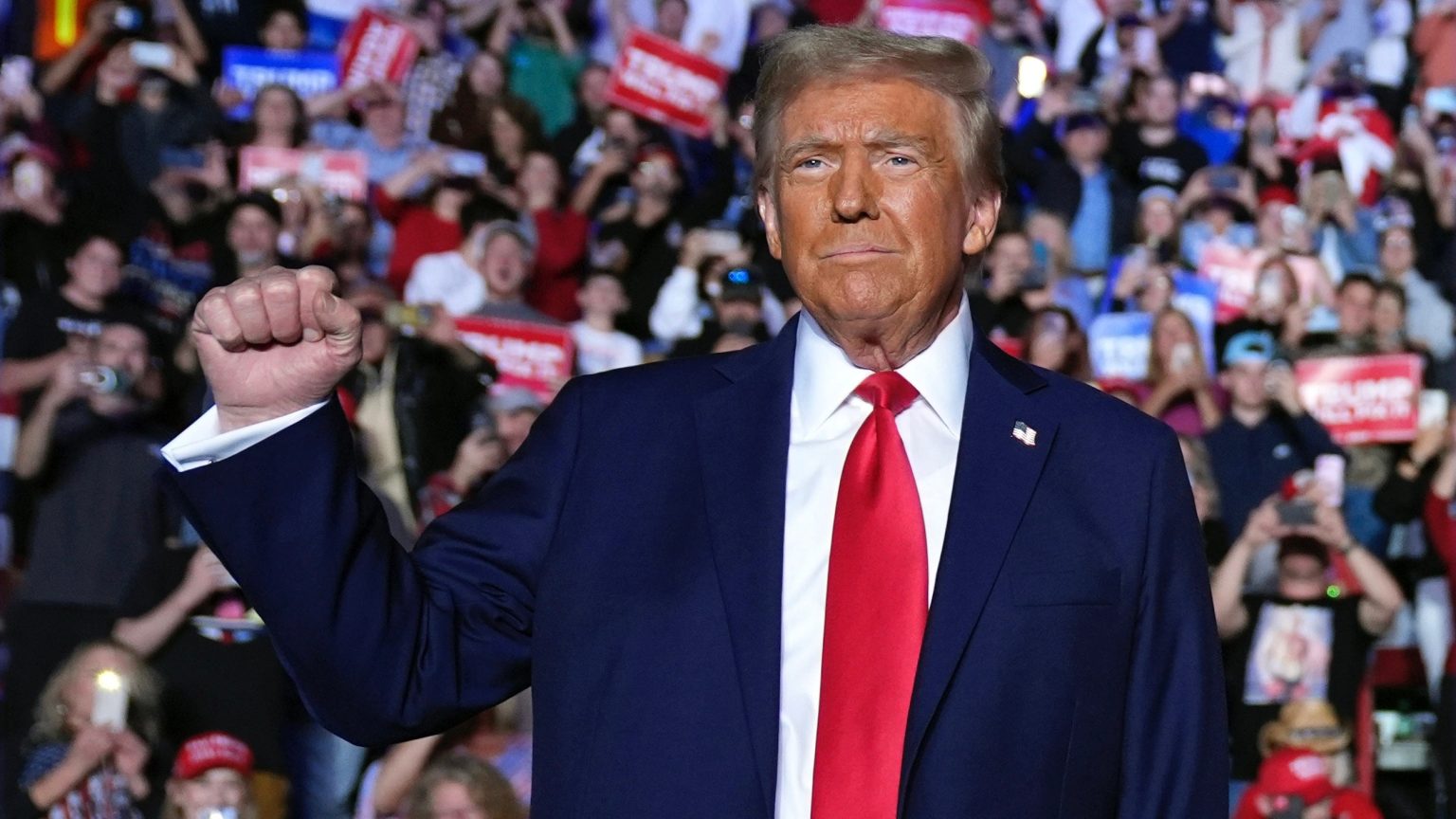President-Elect Trump Announces Ambassadorial Nominations and Cautions Senate Republicans
In a series of social media posts Tuesday night, President-elect Donald Trump unveiled his latest round of ambassadorial nominations, tapping prominent figures for key diplomatic roles while simultaneously issuing a stern warning to Senate Republicans about potential collaborations with Democratic lawmakers. The announcements underscore Trump’s proactive approach to shaping his administration’s foreign policy team and his unwavering commitment to prioritizing his own appointees, setting the stage for potential political wrangling in the upcoming Senate confirmation process.
The first nomination highlighted Herschel Walker, a staunch Trump ally and former NFL star, as the prospective U.S. Ambassador to the Commonwealth of the Bahamas. Trump lauded Walker’s extensive experience in various capacities, including his work as Co-Chair of the President’s Council on Sports, Fitness, and Nutrition during Trump’s first term. The president-elect emphasized Walker’s dedication to serving the nation’s youth, military personnel, and athletes, along with his philanthropic endeavors and global outreach. Trump’s effusive praise of Walker, describing him as a "successful businessman, philanthropist, former Heisman Trophy winner, and NFL Great," further solidified their close political alliance and underscored Walker’s prominence in Trump’s circle.
Following Walker’s nomination, Trump announced Nicole McGraw as his choice for U.S. Ambassador to Croatia. McGraw, described by Trump as a "philanthropist, businesswoman, and world-renowned art collector," brings a unique blend of experience to the diplomatic arena. Her leadership of CANVAS Art Charities, an organization dedicated to bringing fine art to the public, and her involvement with Place of Hope, a charity supporting neglected and abused children, demonstrate her commitment to social causes. Trump’s highlighting of McGraw’s artistic background and philanthropic work suggests a desire to appoint individuals with diverse skillsets to represent U.S. interests abroad.
Beyond the individual nominations, Trump’s message to Senate Republicans carried significant political weight. He explicitly cautioned against any deals with Democrats to expedite the confirmation process for his nominees, emphasizing the magnitude of his electoral victory and his prerogative to appoint "Very Qualified People" upon his inauguration in January. This directive serves as a clear signal of Trump’s intention to maintain control over the selection and timing of his appointments, potentially creating friction with Senate Democrats who may seek to influence the process.
Trump’s emphatic assertion of his mandate and his insistence on waiting until January to finalize appointments reflects his characteristically assertive style and his desire to project strength and control over the transition process. This approach, however, could set the stage for potential conflicts with the Senate, particularly if Democrats perceive it as an attempt to circumvent established norms of consultation and collaboration. The president-elect’s warning to Senate Republicans underscores the potential for political maneuvering and power struggles as the new administration takes shape.
The nominations of Walker and McGraw, along with Trump’s admonition to Senate Republicans, encapsulate the complex interplay of personal relationships, political strategy, and diplomatic considerations that shape ambassadorial appointments. While Walker’s nomination emphasizes loyalty and personal connection, McGraw’s selection highlights a broader range of qualifications and experience. The president-elect’s forceful message to Senate Republicans further underscores his determination to exert his influence over the appointment process, potentially leading to heightened tensions between the executive and legislative branches.
In the broader context of U.S. foreign policy, these nominations represent an initial glimpse into Trump’s approach to international relations and his selection of individuals to represent American interests abroad. While the specific qualifications and diplomatic experience of Walker and McGraw will undoubtedly be scrutinized during the confirmation process, their nominations also reflect Trump’s broader strategy for shaping the diplomatic corps and advancing his foreign policy agenda. The coming weeks and months will reveal how these nominations progress through the Senate and how Trump’s assertive approach to appointments shapes the early days of his administration.


